
Adriana Moraes Rêgo Reis (Rio de Janeiro, July 29, 1969) is a Brazilian actress. She began her career on the Tablado stage and later became known for her roles as determined and complex women on television and cinema. Moraes is the winner of several awards, including a Grande Otelo, an APCA, two Mambembes and a Brazil Quality Award, in addition to being nominated for four Guarani Awards and three ...
Explore all movies appearances

Soon after learning of the death of his mother Pérola, Mauro returns to his old family home in Bauru (São Paulo, Brazil). A look back into his mother’s peculiar habits, her illusions, sense of humor, spirituality, and desire to control all things... with the love and tenderness that only distance and time allow. A reunion between mother and son: their conflicts, conversations, and dreams of a better life all converge in constructing a swimming pool in their backyard. It is a portrait of an ordinary family that fights, makes up, celebrates, cries, and carries on, full of stories just like any other.
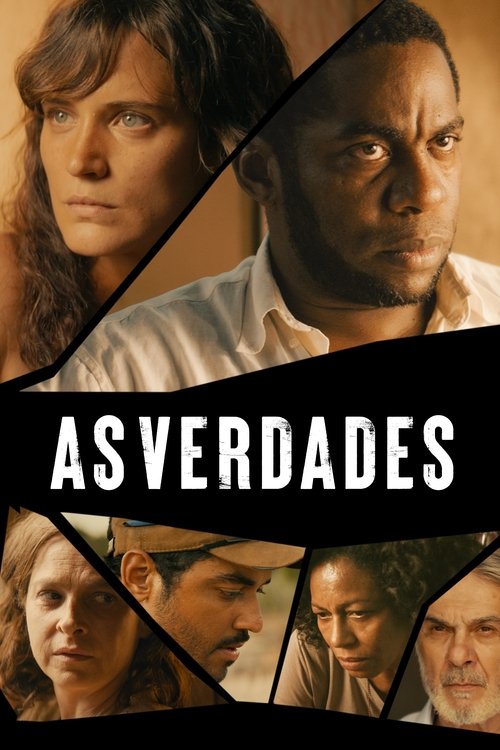
A police officer tries to find out who is to blame for a crime committed against a candidate for mayor of a small town. He hears versions of a hired killer, the victim's fiancée, and the candidate himself.

No plot available for this movie.
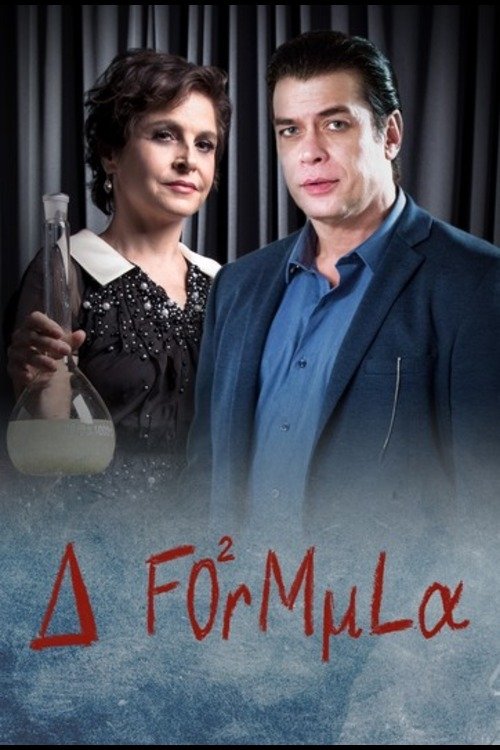
Film version of the 2017 miniseries. After discovering the elixir of youth a scientist reunites with her high school sweetheart, bringing back many dilemmas from the past. She tests the formula on herself and each dose makes her 30 years younger. She then starts switching between her current persona and the younger one, becoming her own rival. Meanwhile, her former boyfriend falls in love with both versions of the scientist, unaware this love triangle includes both identities of the same woman.
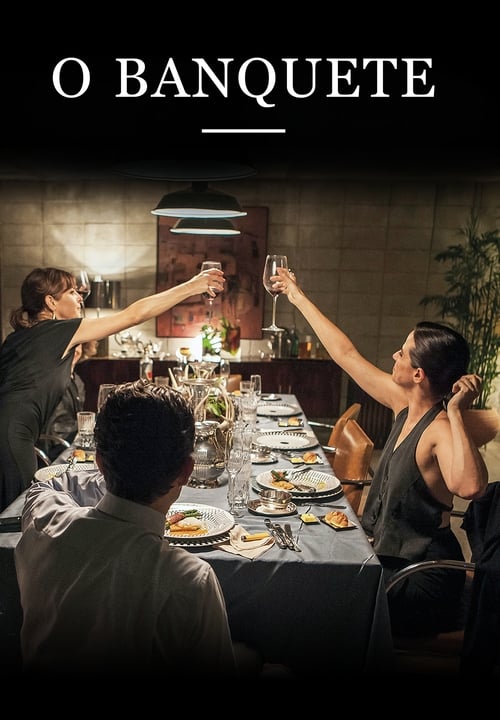
An elegant dinner, which takes place in real time, brings together a group of intellectuals in the early 90s in São Paulo, Brazil: the hosts are the editor of the country's top news magazine and her husband, the company's lawyer, and the occasion is the wedding anniversary of the magazine publisher and his wife, a famous theater actress. The publisher has written an open letter to the president of the country, with serious denunciations, which will run in the upcoming issue. He risks being arrested this very evening. As tensions increase with the imminence of prison, secrets come to light revealing the conflict between the ethics sought in public life and the ethics practiced in private life.
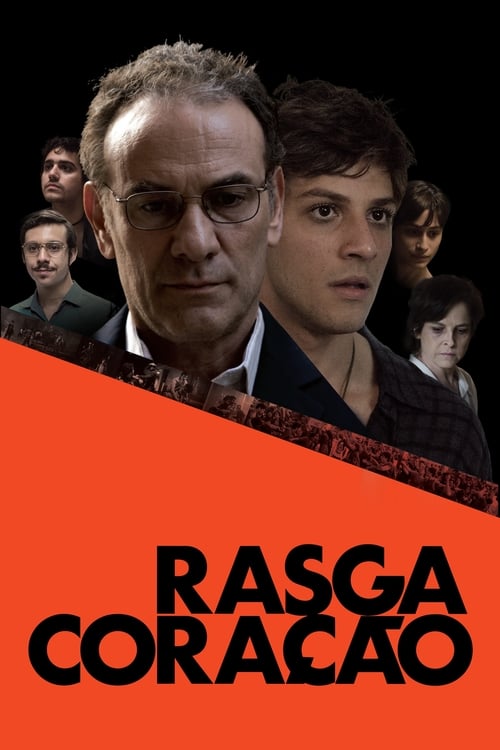
40 years after fighting for what he thought was new and revolutionary, a former anonymous militant against the now fallen Brazilian dictatorship is accused of being conservative, antiquated and anachronistic by his own son.
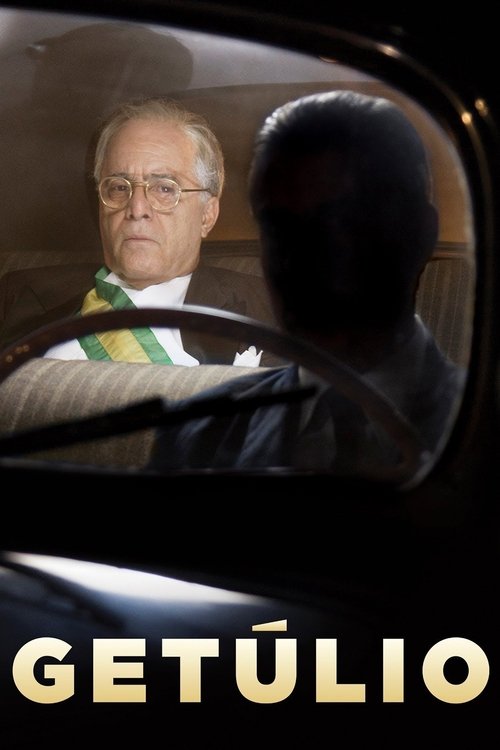
The movie depicts the political crisis that led to the suicide of president Getúlio Vargas, in the 19 days that preceded August 24, 1954. The crisis began with the attempted assassination of journalist and politician Carlos Lacerda in August 5, 1954, at rua Toneleros, Rio de Janeiro, in which Major Vaz was assassinated instead. Investigations pointed to Gregório Fortunato, chief of Vargas' personal guard, as the orderer of the frustrated assassination. This incident was one of the most importants in the history of Brazil.

In his film Rua Aperana 52 Júlio Bressane describes the invention of a landscape, the topology of a corner of Rio de Janeiro. The film consists of a series of photographs taken between 1909 and 1955 by, among others, Bressane's parents at and around the address used as a title. These are interlarded with scenes from films made between 1957 and 2005, bringing the total fictional time the film covers to almost a century; one hundred years in which the winding road featured in almost every shot structures the new landscape behind the Aperana, which means 'wrong road'. Rua Aperana 52 is autobiographical, as it is a landscape from Bressane's youth, but it is also not so; it is more a multi-subjective mythology of a place seen through all those films and photographs. Bressane refers to his editing as an intuitive form of thinking aimed at evoking moods which make the viewer the new witness of the fictional landscape. A fiction about a fiction,

Rachel is a girl, adopted by an upper middle class family, who rebelled at 17 and left her family and studies at a traditional college in Sao Paulo to become a sexy call girl. Shortly after starting work, she decided to write a blog about her experiences. Since some clients thought she looked like a surfer she adopted the name "Surfistinha" which means little surfer girl.
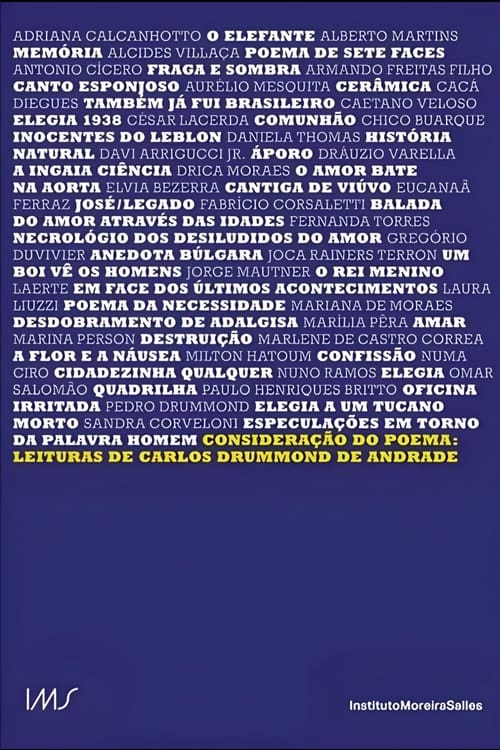
Carlos Drummond de Andrade's poetry is read by exponents of Brazilian culture, such as Chico Buarque, Caetano Veloso, Adriana Calcanhoto, Fernanda Torres, Marilia Pera, Antonio Cicero and others.
Subscribe for exclusive insights on movies, TV shows, and games! Get top picks, fascinating facts, in-depth analysis, and more delivered straight to your inbox.